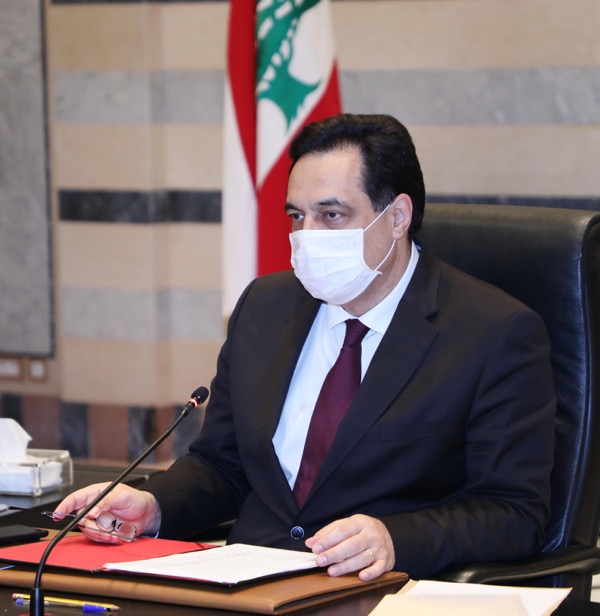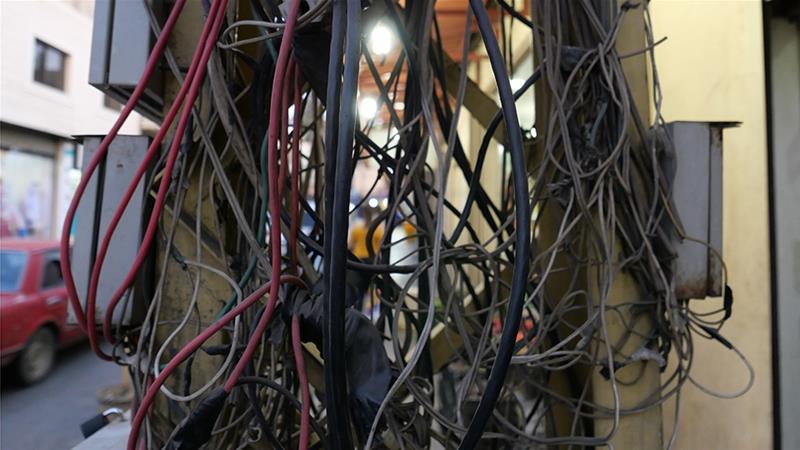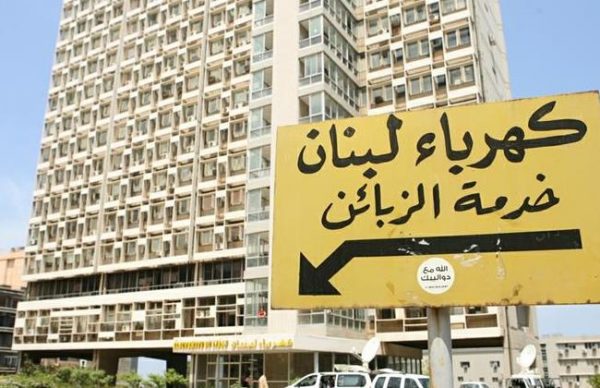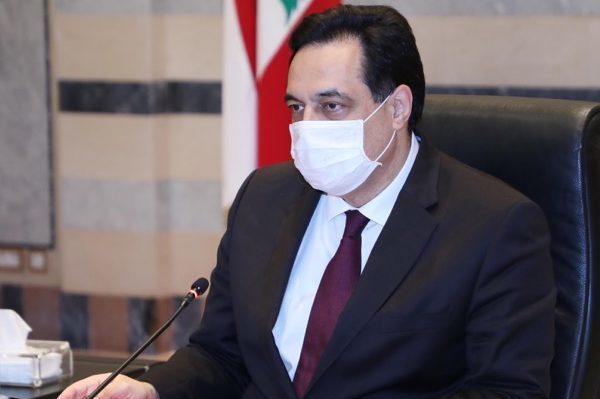Lebanon’s dilapidated power sector drains billions from state coffers, and reforming it is key to unlocking aid.

Beirut, Lebanon – Lebanon’s Cabinet on Tuesday appointed a new board of directors to the country’s ailing state-run power company Electricite du Liban in a move aimed at fulfilling conditions to unlock financial aid from the international community.
Lebanon has been without reliable, round-the-clock power since its civil war that ended in 1990 after successive governments failed to build enough power plants to meet demand. The country is crippled by daily hours-long power cuts – a gap plugged by expensive private generator subscriptions.
Unable to supply electricity steadily, the state has sold it below cost, and EDL has consequently operated at a loss of between $1.5bn and two billion dollars a year, contributing some $40bn to the country’s public debt between 1992 and 2019.
Now hit by the worst financial crisis in its history, Lebanon is seeking $11bn in grants and favourably termed loans from the international community, as well as a $10bn programme from the International Monetary Fund. Electricity reform is a primary condition for any help.
Government criticised
Former Minister of Energy Nada Boustani, a member of the Free Patriotic Movement that has held the portfolio for more than a decade, tweeted her congratulations on the formation of the new board, calling it a “step towards reform that we have always worked towards achieving”.
But critics say the appointment of a board based on their religious sect, and via an opaque selection process, shows that Prime Minister Hassan Diab’s government is doing little to rectify the systemic failures of the past.

“The government is showing no will to do things differently, they are still not hiring based on competence,” Jessica Obeid, an independent energy analyst, told Al Jazeera.
Deputy Prime Minister Zeina Akar said in a July 6 television interview that some 260 people had applied for the positions.
Information Minister Manale Abdel Samad defended the process following Tuesday’s session, saying the Cabinet chose “the most qualified from each sect, except in two cases,” where there were extenuating circumstances.
Those circumstances included one of the candidates not permanently residing in Lebanon, while the other involved a candidate who had been added to help meet the Druze quota.

But critics point to the limited criteria candidates were required to meet including 10 years experience and the ability to speak English or French.
“It’s very basic, especially for a bankrupt institution that needs serious reform,” Obeid said.
In the end, the six board members were selected based on their religious identity, split equally between three Muslims and three Christians and each representing a subgroup of those religions: Sunni, Shia, Druze, Orthodox, Catholic and Maronite.
Lebanon’s complex power-sharing system is based on a sectarian division of constitutional powers and top-level administrative positions that has resulted in widespread institutional paralysis and nepotism.
Diab’s government came to power in February following enormous anti-establishment street protests, on the promise that he would implement wide-ranging reforms. Backed by establishment parties including Hezbollah, the Amal Movement and the FPM, his ability to do so has increasingly come into question.
“They are doing things the same way they have been done for 30 years and expecting it to work. It won’t,” Obeid said.
Tuesday’s appointments were not the first time Diab’s government has been criticized for adhering to the old-school pie-sharing system between major sectarian politicians, known as “muhassasa,” rather than basing decisions strictly on merit.
In June, Cabinet made top-level administrative and financial appointments according to the same system.
Al Jazeera


Leave a Reply
You must be logged in to post a comment.